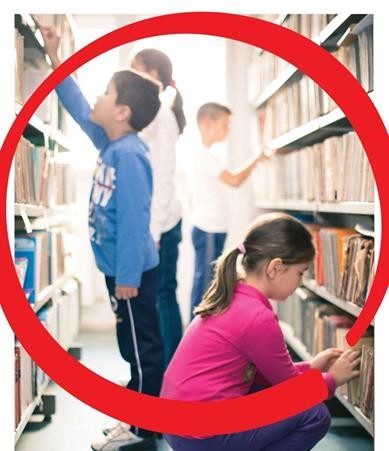Speeches Shim

Project Snapshot:
Total Funding: $1 million
Duration: September 2016-September 2018
Implementing Partner: Save the Children BiH
The Challenge
The current educational landscape in Bosnia and Herzegovina (BiH) reflects the country’s complicated and decentralized governing structure. Political, ethnic, and religious influence is visible in the system’s management and oversight, educational content, and professional development. Multiple donors and the BiH Government have worked to reform the system to bring it in line with the country’s international commitments, and while there have been some cosmetic improvements in education, deeper structural reforms have been avoided and teaching methods remain outdated.
In 2016, USAID commissioned an assessment of basic education in BiH to determine how to complement ongoing interventions and reform processes. The assessment concluded that interventions should focus on preparing students for a technology-based economy and should address core (systemic) issues, rather than simply alleviating the symptoms. Knowledge-driven economic growth requires an educational system that provides higher-level skills to its workforce. The system should foster lifelong learning, starting with basic education and developing the core competencies and life skills of both teachers and students. It should also advance a common core curriculum that ensures that all BiH youth have access to the same, high-quality education.
Our Program
Our program, Enhancing and Advancing Basic Learning and Education (ENABLE), develops key science, technology, engineering, and math (STEM) educational competencies in BiH. Strengthening key STEM competencies among students and their teachers is central to improving the system as a whole. The ENABLE program will improve teacher training, the development hypothesis being that if teachers are better trained, particularly in STEM-based curricula, then their teaching will improve – the ultimate result being that student learning outcomes are increased. A solid educational system will foster a knowledge-based economy and ultimately advance economic growth.
Implementation and Results
Through this project, USAID is helping develop operational teaching curricula for common core STEM proficiencies and create a standardized approach to teacher training, based on best international practices. Interventions are coordinated and owned by relevant BiH institutions and designed to affect systemic change. Interventions are conducted in collaboration with all relevant local and international stakeholders, to promote ownership of and continued support for the educational reforms at all levels. The project includes incentives for beneficiaries (including teachers and schools) who promote inclusive, integrated education efforts.
In the current phase of the program (October 2019), ENABLE is piloting the STEM teaching materials in12 model schools. The STEM classroom comes fully equipped so that teachers have the materials, lesson plans, and training they need to bring the STEM lessons to life, and the students can apply what they learn. Similar classrooms will be opening soon in other model schools. The STEM Teaching Matrix has been defined in seven of these 12 model schools. STEM covered approximately 25 percent of the regular education process in the 2018/19 school year through STEM lessons integrated into regular teaching process.
For more information, write to msakic@usaid.gov.

Comment
Make a general inquiry or suggest an improvement.